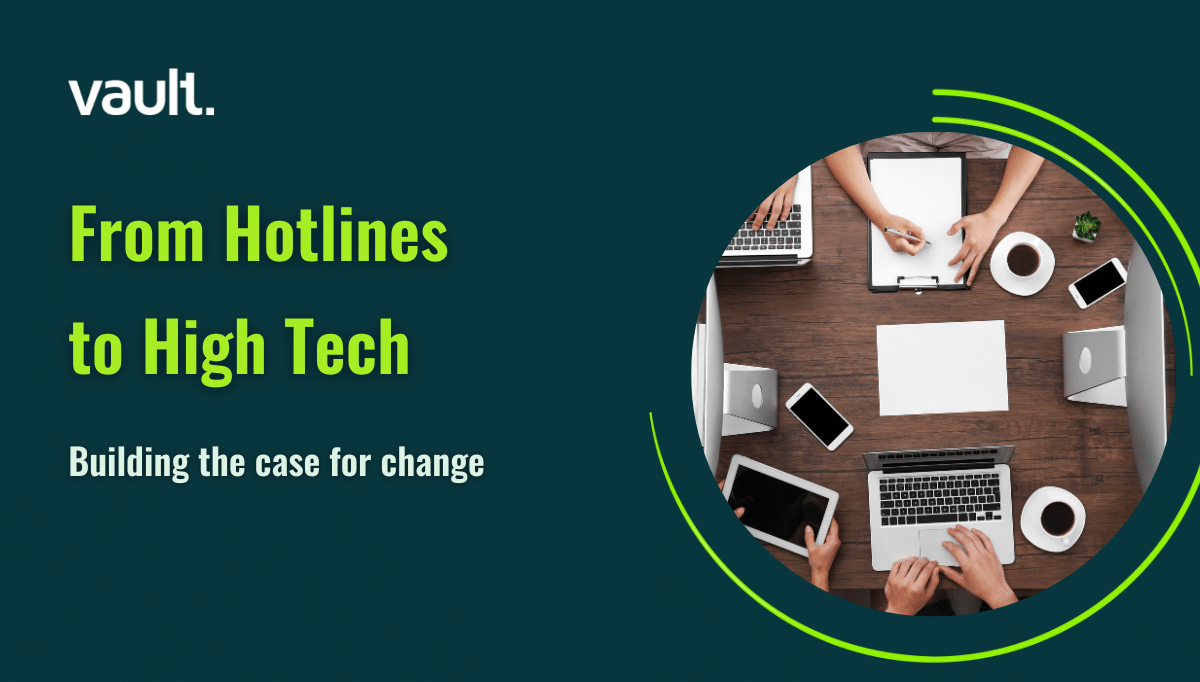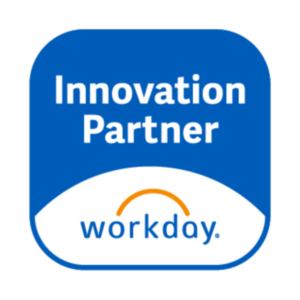As organizations big and small see entire workforces move to a digital-first model almost overnight, there are inevitable repercussions on workplace culture, employee engagement, and productivity. There are long-standing arguments to say the productivity levels are better among individuals who work from home but with WFH largely seen as a perk, there’s no denying it has created a rift between those who can and those who cannot.
But now everyone can, although moving from a primarily in person communication to a primarily digital one has implications on team culture and etiquette.
So how can organizations ensure employees don’t feel isolated but still feel empowered to voice concerns in a fully-remote workplace?
- Actively combatting digital discrimination: workplace discrimination and workplace bullying across internal messaging apps may be different to in-person misconduct, but it is no less problematic. A survey by Totaljobs in 2018 found that 30% of UK workers have been victims of discrimination via internal communication channels such as Slack, Microsoft Teams or Google Hangouts. Leading consumer brand AWAY’s CEO stepped down earlier this year following reports of bullying employees on Slack. Having tools in place like Vault Platform provides a “digital open door” through which employees can safely and securely report discrimination, bullying or misconduct of any kind.
- Preventing a “them and us” culture: Just as with office cliques, internal messaging channels can create communication silos and fracture team collaboration. That private Slack channel can be a hotbed of gossip and as well as exacerbating social isolation, over time this can lead to a disengaged workforce resulting in lower productivity and innovation. Implementing a safe and active “digital open door” within your newly remote workforce sends a clear message that your employees will be listened to and actively encouraged to Speak Up.
- Managing employee mental health: fully remote workplaces put a burden on employee mental health as individuals may feel an adequate support infrastructure is lacking when it comes to sensitive issues. A reduced number of touchpoints with colleagues or management can be frustrating and employees may seek alternative (and often external) outlets for voicing their concerns. Not only is this bad for the public face of the company, it also discourages the use of internal tools and can encourage unsupported allegations, such as we have seen with Estee Lauder’s infamous social media page, Estee Laundry.
Remote or not, employers are legally obliged to protect their workers physically and psychologically and there’s certainly an ethical imperative that employers should take more care during these uncertain times. In this new normal of a remote-first workplace (for now at least), organizations need to take an active stance in creating digital channels fit for the management and prevention of workplace discrimination and harassment. Vault Platform provides a safe and secure channel for employees to voice their concerns and for employers to monitor and resolve issues efficiently, rebuilding the diminished trust between employer and employee.
Download more free resources and insights from our COVID-19 Resource Hub




